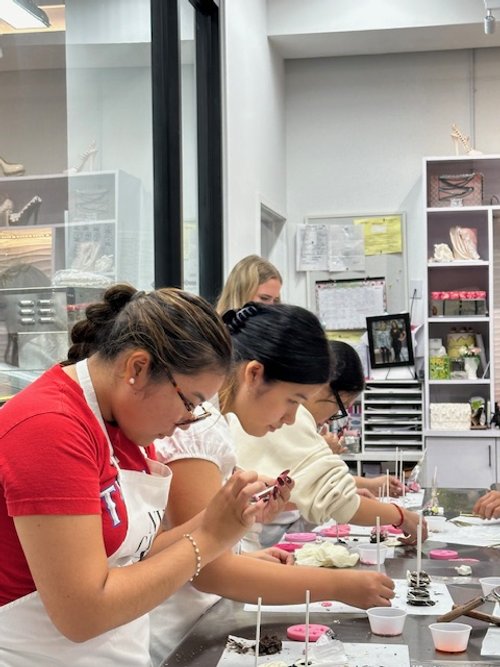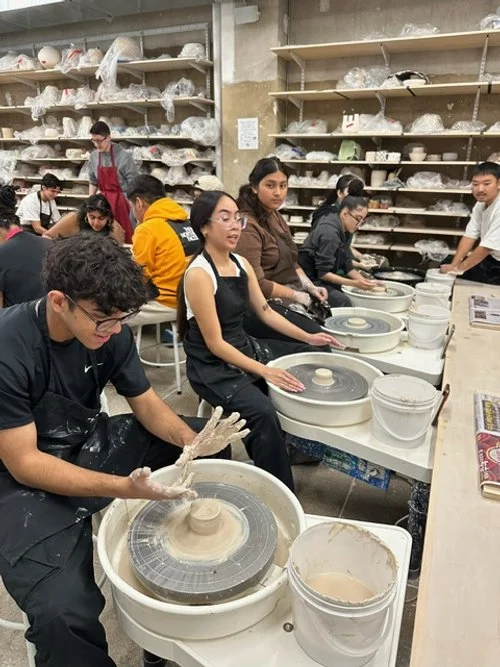At the heart of every charter school is the community it serves.
Whether sharing crops from our rooftop garden or learning about the food cycle in elementary school, our tuition-free public charter school engages the community and beyond. Watch this short video, featuring TRCS Principal Stacey Gauthier and some of the talented green thumbs at our Jackson Heights location.
Providing choice, innovation, and academic excellence
What is a charter school?
A nonprofit charter school in New York City is a publicly funded, independently operated school that operates under a charter, or contract, with an authorizing body, such as the New York City Department of Education (DOE), the State University of New York (SUNY), or the New York State Board of Regents. Like The Renaissance Charter Schools, these schools are tuition-free, meaning that, like traditional public schools, they do not charge students to attend and are open to all eligible students in the district or city.
Here's how nonprofit charter schools differ from regular public schools:
Governance and Autonomy
Charter Schools: Nonprofit charter schools are often run by independent boards of trustees or organizations. They operate under a specific charter agreement that outlines their mission, educational approach, and measurable performance goals. This allows them more freedom to develop unique curricula, manage staffing, and set their own school policies.
Traditional Public Schools: These are directly managed by the local school district, which in NYC is the DOE. They must adhere more strictly to DOE policies, guidelines, and curriculum standards, allowing for less flexibility in programming and operation.
Educational Approach and Innovation
Charter Schools: Many charter schools adopt innovative educational models or curricula, often with a focus on specialized teaching methods (like project-based learning or STEM-focused instruction) or particular student outcomes. Because they are held accountable to their charter's goals, they are expected to meet performance benchmarks and may face closure if they consistently fail to meet them.
Traditional Public Schools: They follow a standardized curriculum and state-mandated requirements, which can sometimes limit the room for experimental or alternative instructional approaches.
Accountability
Charter Schools: Charter schools are held accountable by their authorizers, who review their performance on academic, operational, and financial fronts. If a charter school doesn’t meet its goals, it may not have its charter renewed, which could lead to closure.
Traditional Public Schools: Public schools are accountable to the DOE but are less likely to face closure due to poor performance. Instead, they might undergo improvement plans or restructuring.
While nonprofit charter schools and traditional public schools in NYC both serve the public and receive public funding, charter schools operate with more autonomy and flexibility but face greater accountability and funding challenges.




